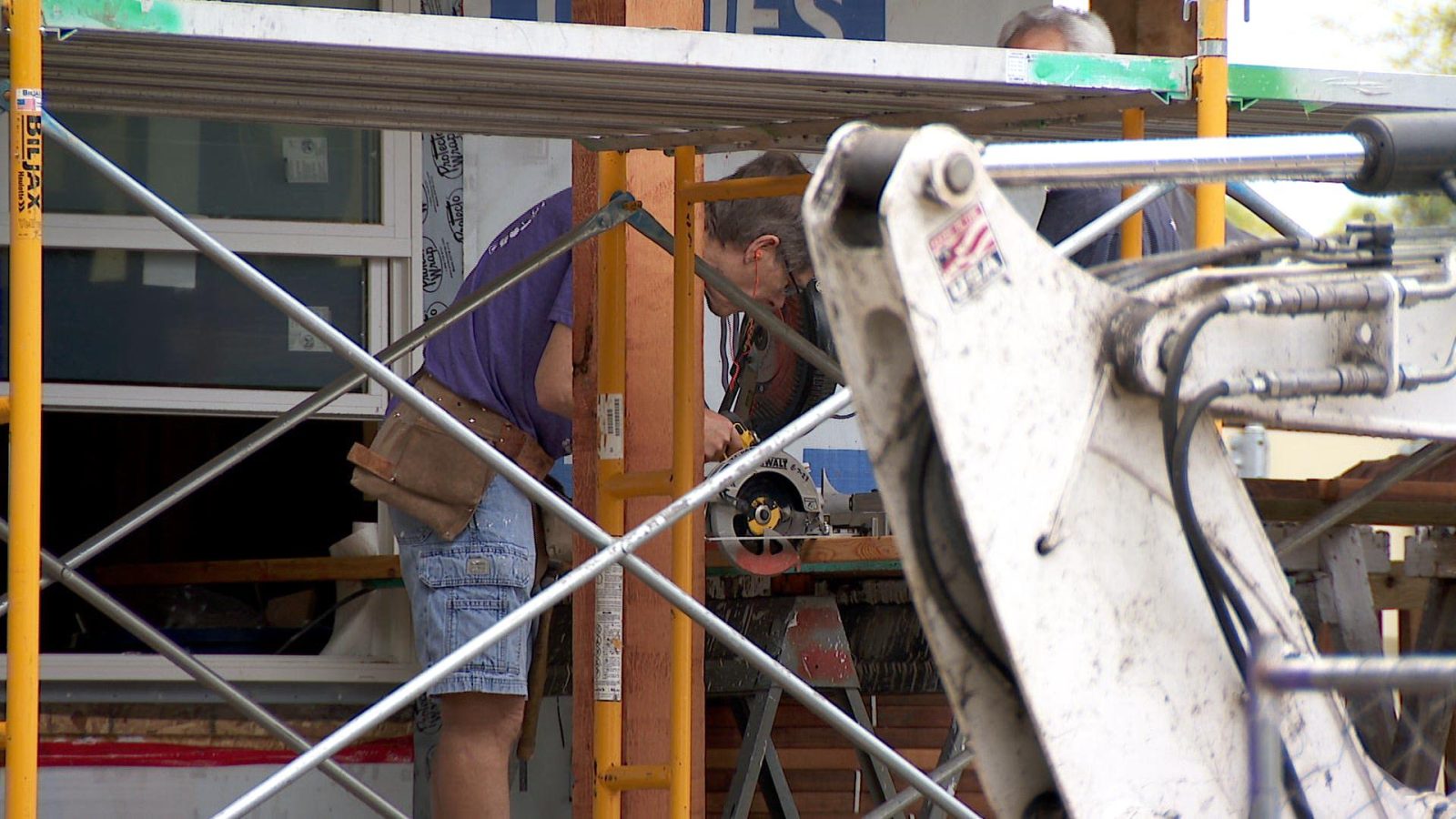Suburban Mayors Fret Over ‘Missing Middle’ Housing Bills
Lawmakers are considering bills at the state capitol that aim to address Minnesota’s housing shortage. But, those bills could also make sweeping changes to city zoning codes. That has some local mayors feeling concerned.
These so-called “Missing Middle” housing bills would require cities to allow mid-sized housing like duplexes, triplexes and fourplexes on residential lots.
They also would require cities to allow apartments in commercial zoning districts.
Supporters say the bills can help create new and badly-needed affordable housing.
“Zoning reform that allows communities to build modern housing has untold benefits including increasing affordability, making communities more livable, and having enormous positive environmental effects,” said Sen. Lindsey Port (Burnsville-DFL) at a Feb. 20 press conference.

Some local mayors are concerned about the so-called “Missing Middle” housing bills being considered at the state legislature.
Meanwhile, some local officials say they’re concerned the bills would strip away local control over housing and put a strain on infrastructure.
Maple Grove Mayor Mark Steffenson said in an early March city council meeting that he was “concerned about the inability of cities to properly address safety concerns, necessary sewage [and] water concerns. [The bills don’t] seem to take into account the need that cities have to properly design their city.”
Plymouth Mayor Jeff Wosje shares his worries.
“There’s no control, and then there’s no ability for people to object to anything,” Wosje said. “If a developer wants to buy property and put [in] a six-unit, there’s not the voice to say no to it.”
Wosje said he believes there is a need for affordable and workforce housing, but the legislature needs to work with cities to develop a shared solution.
He’s also concerned that a large investment group or private equity firm could start acquiring lots wholesale and constructing multi-family buildings.
“That’s my biggest fear, because the city has no way to object,” he said. “It’ll change the fabric of our neighborhoods.”


